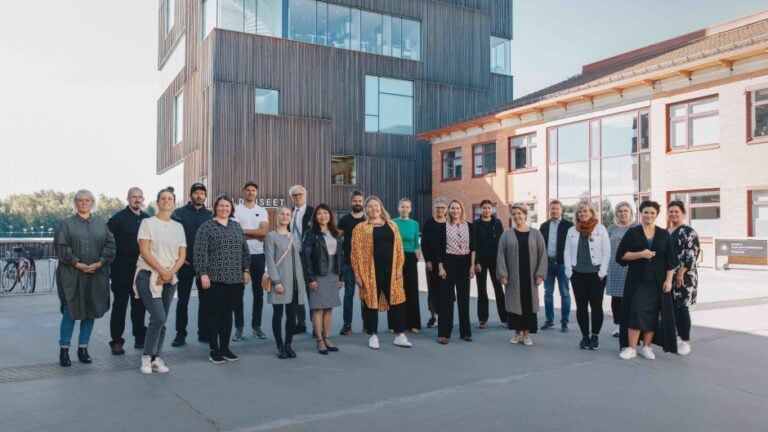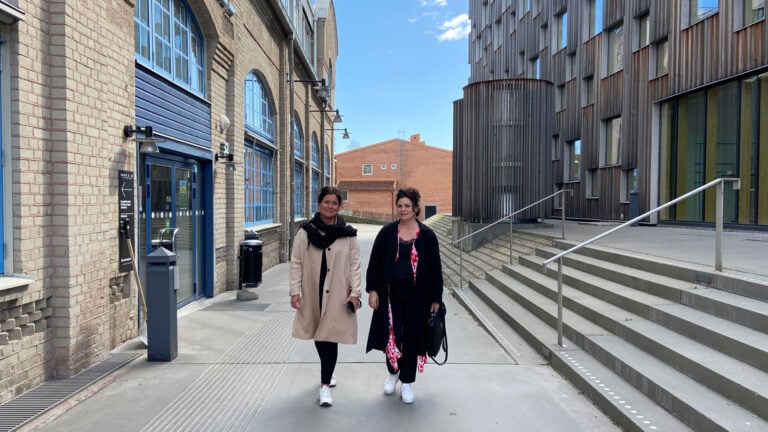In order to lead others, you need to be able to lead yourself, known as personal leadership or self-leadership. The research on self-leadership is relatively young and started to emerge in the 1980s and, as with many other concepts, definitions of what self-leadership is differ. Both in research and in practice, for example in the hospitality, retail and experience industries.
One thing that many researchers seem to agree on is that self-leadership is about the influence one can have over oneself to become motivated and focused to the extent necessary to accomplish a task or achieve a goal.
In the Leaders organisation, self-leadership is defined in terms of a willingness to develop one's leadership, increase one's self-awareness and test one's assumptions. Quite simply, a kind of approach that involves continuous reflection on one's own thoughts and actions. The importance of curiosity also comes into play here, as does the willingness to try to understand one's own motives and motivations and their impact on the environment.
Reflection questions: on self-leadership
Self-leadership rests on a foundation of good self-awareness and an inner confidence about what you want and need, as well as an awareness of your own abilities, challenges and opportunities.
- How would you describe your aspirations and the abilities, opportunities and challenges that stand in your way, or enable you to get where you want to go?
- How can you motivate yourself to achieve your goals? Formulate for yourself how you can maintain your passion, drive and energy to get where you want to go. Also put it in writing so that your opinions are tested. For example, you will see whether you have been pushing too hard or not at all and whether the path you have set out is reasonable and achievable.
- How would you describe your self-leadership? Are you a good leader for yourself, a fair leader or can your self-leadership be developed? If so, how?
More suggestions on how to develop your self-leadership:
- Create a clear action plan. It can be created with a digital planning tool as well as a list in word or with pen and paper. The main thing is that you make your plan.
- Prioritise your work. Suggest that you choose a few things each day that you do - and complete.
- Remember not to save the troublesome sourdoughs for last. Try to start each new work day by tackling one of the more challenging tasks before taking the day in the easier ones. This creates a sense of satisfaction that is most likely to put a positive spin on the rest of your day.
- Also, don't forget to make visible the data you have actually handled. Pat yourself on the back and praise yourself for a job well done. What kind of pat motivates you? A freshly brewed cup of coffee, a lunchtime stroll around the block or a bouquet of Friday tulips?
- Think about the habits and routines that make you feel good during the working day. What conditions work for you? When is it convenient to perform different tasks? Are you more concentrated in the morning or afternoon and if so, how can you plan your work accordingly? Do you take your coffee breaks, lunch breaks and give yourself a breather during office hours? A person who feels well is in a better position to manage himself, to exercise his self-leadership.
Reading tips:
Nicolas Jacquemont (2018). Self-leadership: the art of finding your way in life and at work (2018). Publisher: nature and culture. ISBN 9789127822719






